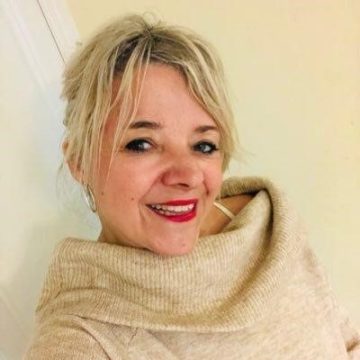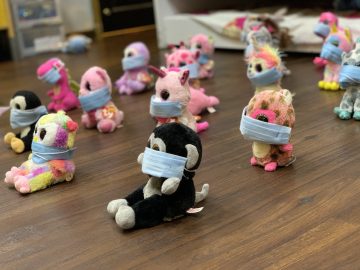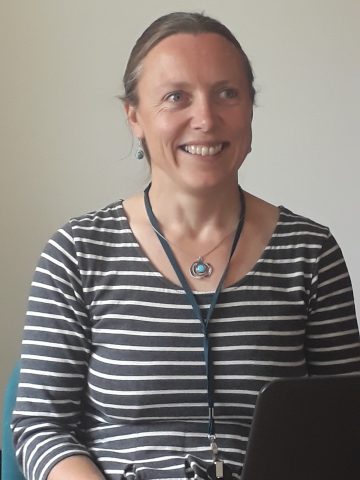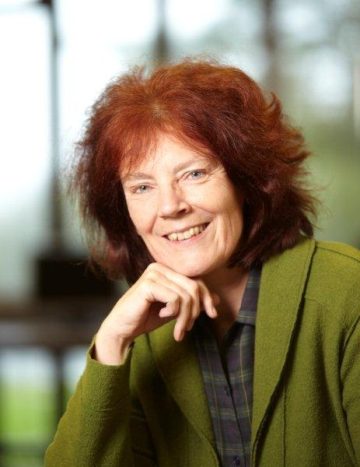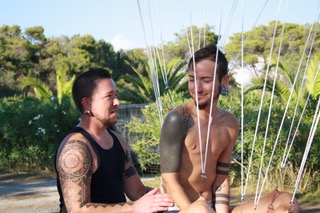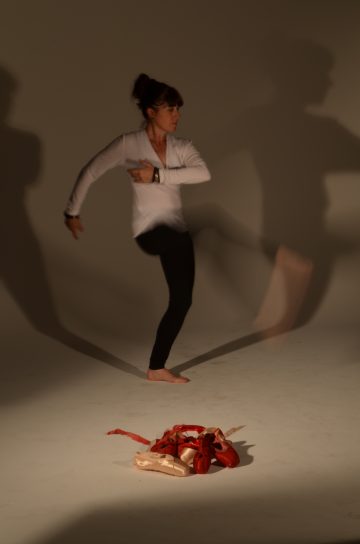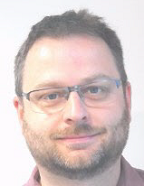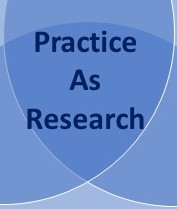 Seminar on the 18th October 2023
Seminar on the 18th October 2023
How do we *do* Practice As Research? A panel discussion
As Practice As Research takes many forms, the practicalities and pragmatics of doing Practice As Research also vary greatly. In this online seminar, the panelists draw on their personal research practices to discuss how to engage with and in Practice As Research from and in their own disciplinary conventions.
Dr Theo Bryer is a Lecturer for the MA in English Education and the English with Drama PGCE at the Institute of Education at UCL. Theo taught Drama in schools and colleges in Birmingham and London for over twenty years as well as doing youth theatre, Theatre in Education and media production with young people, particularly bilingual and refugee learners. She currently leads the English with Drama PGCE and works on the MA English Education programme. For her doctoral studies Theo researched the affordances of role in teaching and learning, encompassing drama and media production in classroom contexts. Her research involves forms of participant observation.
Annie Davey is a Lecturer in Art Culture and Education at the Institute of Education at UCL. Her research is concerned with the politics and aesthetics of art education and recent work uses archival imagery with situated writing and script writing to explore tensions and contradictions of fine art education within the marketized university. Annie is also engaged in collaborative research that draws on John Berger’s (1972) Ways of Seeing to explore the ways in which digital, dispersed and machine generated images shape new ways of seeing, teaching and learning visual culture. She is currently programme leader of the MA in Art Education, Culture and Practice at IOE, UCL’s Faculty of Education and Society.
Chris Rhodes is a Lecturer in Digital Media Production at UCL’s Knowledge Lab and UCL East. With a PhD in Music Composition, his practice-led research delves into the creation of music in both real and virtual spaces, using the human body as an instrument. This innovative approach crafts unique sound experiences for performers, players, and listeners alike. Chris’ compositions have been showcased globally at esteemed venues, including the International Computer Music Conference (ICMC), New Interfaces for Musical Expression (NIME), and Sound and Music Computing (SMC). Through his research, Chris hopes to develop new artistic methods in musical composition and chart paths for the future of music and arts engagement.
Subscribe to the recordings:
Video hosted on the PAR YouTube channel.
Audio hosted on the PAR Buzzsprout channel and can be listened to on Spotify, Apple podcasts or on other RSS podcast apps.
The Practice As Research network with its resources is free and always will be, but it does of course incur costs to run and to keep it running. If you use it and benefit, enjoy it and would like to keep it going, please, consider leaving something in the tip jar. Thank you!

